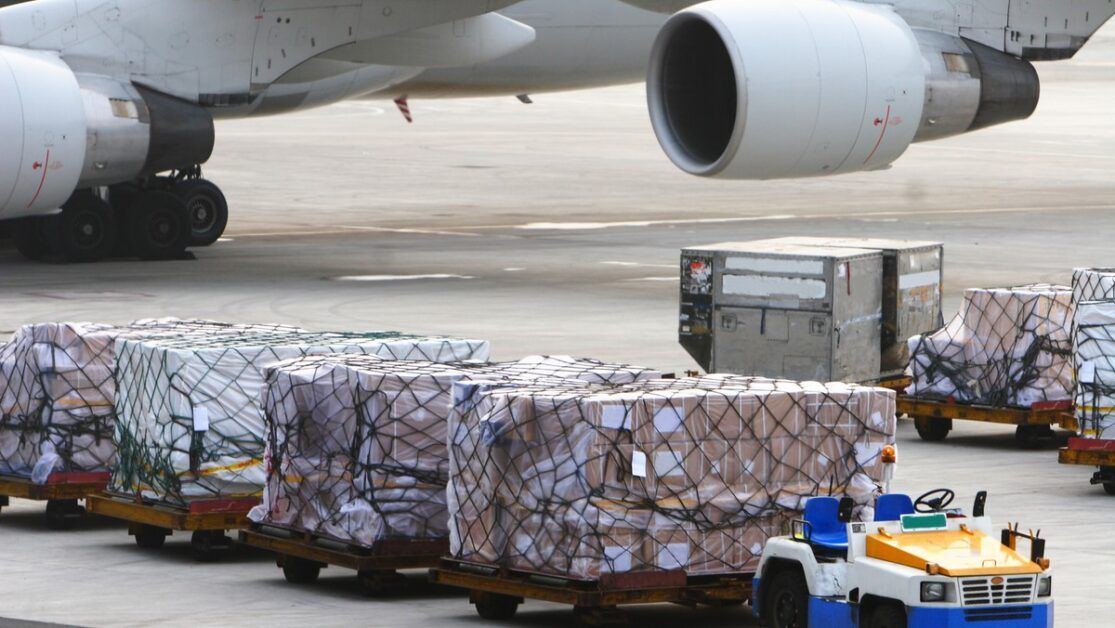In the face of strained bilateral relations, Bangladesh, the second-largest garment producer in the world, has chosen to ship its textile exports through the Maldives rather than India in order to distribute them to international markets. This decision has an impact on India’s seaports and airports’ cargo income possibilities.
As to the paper, the rerouting of textile exports may erode trade links between Bangladesh and India and limit prospects for cooperation in infrastructure and logistics projects. Along with the money earned from Bangladeshi goods that cross Indian borders, it would also jeopardize India’s earnings from port and transit fees.
To guarantee that Bangladesh’s textile exports, which are substantial in volume and connected to Indian industrial hubs in Bangladesh, continue to serve Indian interests, the Indian government is currently looking into a fair solution.
The research claims that Bangladesh’s textile sector accounts for 13% of its GDP and 80% of its exports.
Experts in the field recommended that Bangladesh take this action in order to better manage its supply chain and fulfill cargo deadlines by preventing delays at Indian airports.
The study claims that Indian textile exporters’ opinions on Bangladesh’s rerouting of exports differed.
Through the sea-to-air cargo transshipment service provided by Maldives Airports Company Ltd, items can be shipped to the Maldives and then flown to other countries. According to a media report, the first cargo, which began in March 2024, included clothing from Bangladesh that was transported by sea to the Maldives and then flown to Germany in May by Turkish Airlines.
The transshipment network included seven airlines: Etihad Airways, Qatar Airways, Emirates, Turkish Airlines, Aeroflot, Gulf Air, and Neos Airlines.








